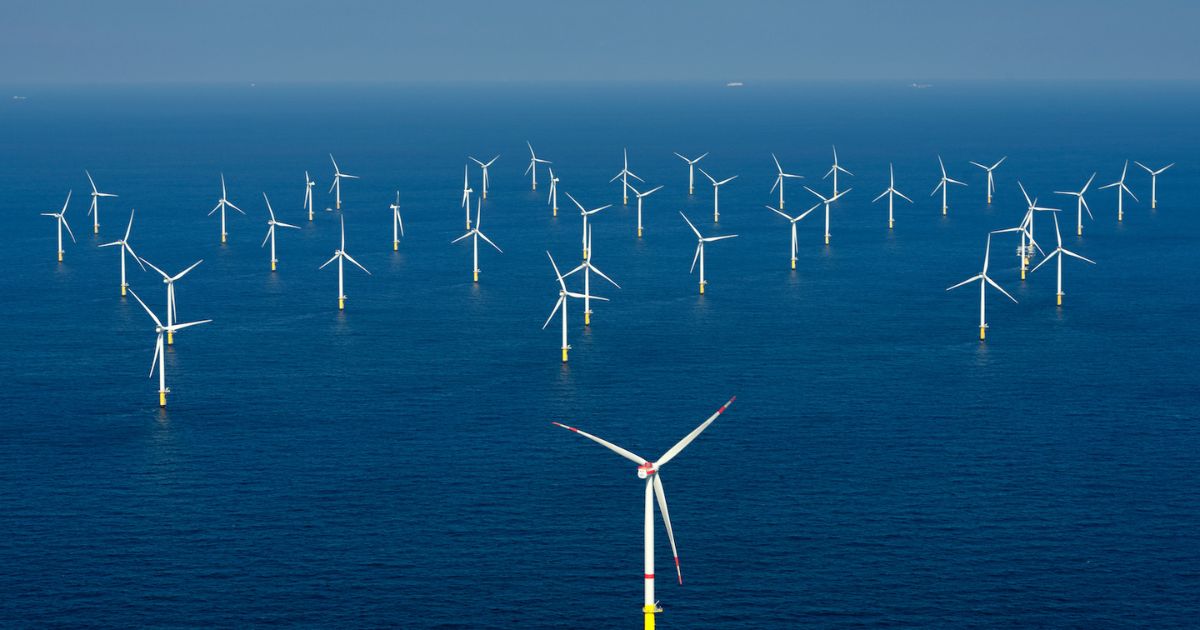
The Changing Tides of NJ Offshore Wind Energy
In recent news, a significant development has occurred in the offshore wind energy sector, with far-reaching implications for the future of renewable energy projects. The Danish company Orsted, a prominent player in the industry, has decided to halt the development of two offshore wind turbine projects off the coast of New Jersey, known as Ocean Wind 1 and 2. This decision is based on a series of financial challenges and negative developments affecting the projects, highlighting important considerations related to the economic viability and environmental impact of large-scale offshore wind projects.
Orsted's announcement, detailed in a recent press release, cited "anticipated impairments on its US portfolio of up to DKK 16 billion" (approximately $2.266 billion) and mentioned "negative developments resulting from adverse impacts related to supply chains and increased interest rates." This decision underscores the complex financial and logistical challenges associated with offshore wind energy projects.
The decision to halt these projects has been welcomed by various stakeholders, as it is considered a crucial first step in addressing the economic sustainability and potential environmental risks associated with large-scale ocean wind turbines. This development is particularly significant for local residents, environmentalists, and the commercial and recreational fishing communities who have expressed concerns about the industrialization of the Jersey Shore's ocean.
It is important to note that the decision to halt these projects comes after significant efforts were made to advance them with substantial funding. The fact that Orsted, a major player in the offshore wind industry, has withdrawn from these projects indicates that the economic feasibility of such ventures is not as straightforward as initially believed.
Concerns regarding offshore wind development extend to its potential impact on sea mammals like whales and dolphins, as well as the commercial and recreational fishing industry, tourism, and radar systems used in aviation and military operations. Some argue that offshore wind turbines could pose a serious threat to national security, as they may interfere with radar systems relied upon by aviation and the military.
Additionally, there has been a call for an independent investigation into the environmental, economic, and safety impacts of wind turbines. This ongoing audit aims to provide valuable insights into the potential consequences of offshore wind energy projects.
The decision by Orsted to halt the Ocean Wind 1 and 2 projects emphasizes the need for careful evaluation, transparent decision-making, and a comprehensive understanding of the challenges and benefits associated with offshore wind energy. The ultimate goal is to strike a balance between the transition to clean energy and safeguarding the interests and well-being of local communities and businesses. Your concerns and interests remain a top priority as we navigate this evolving landscape.
